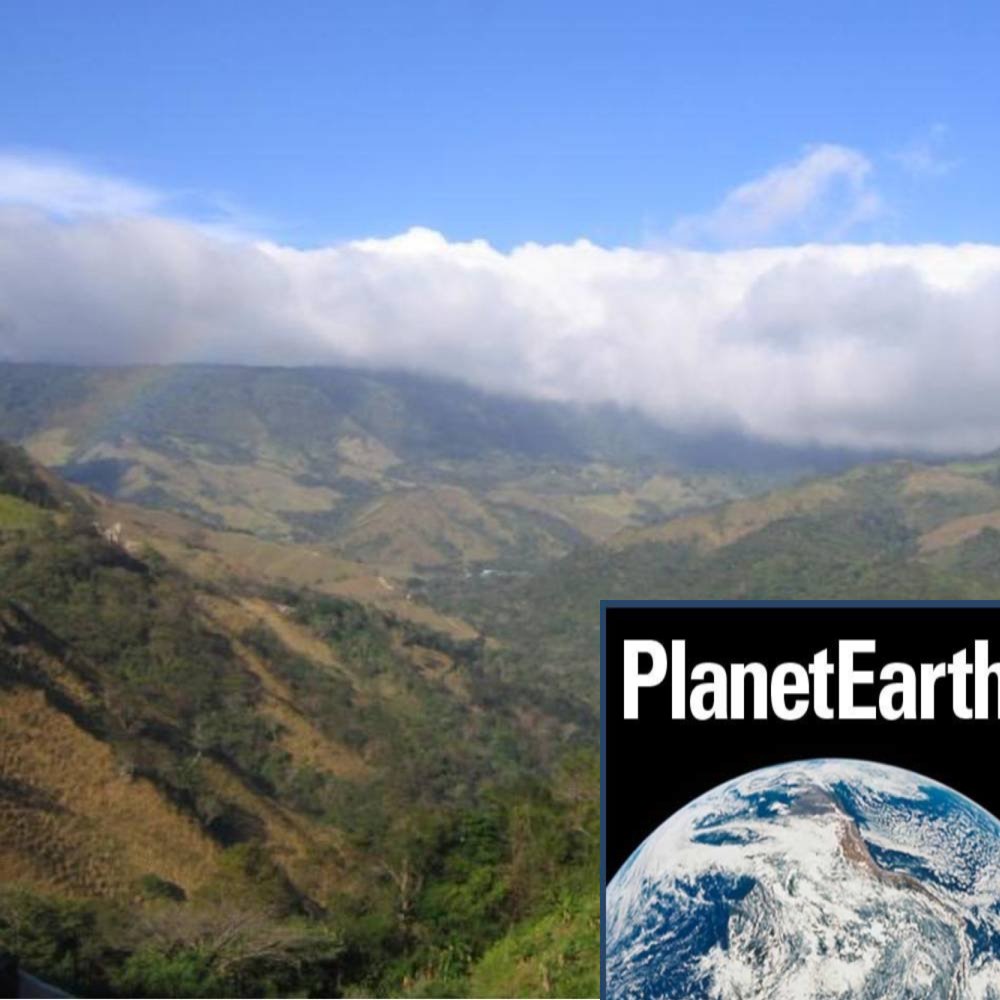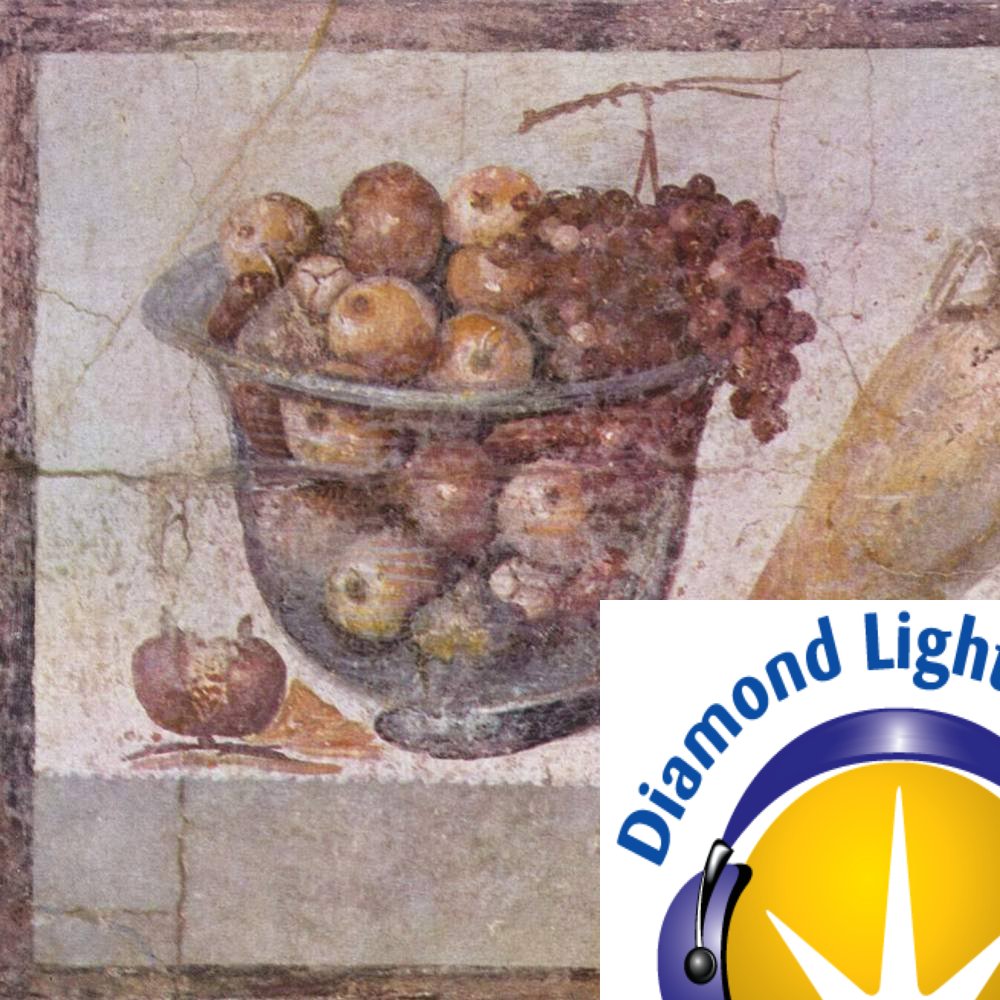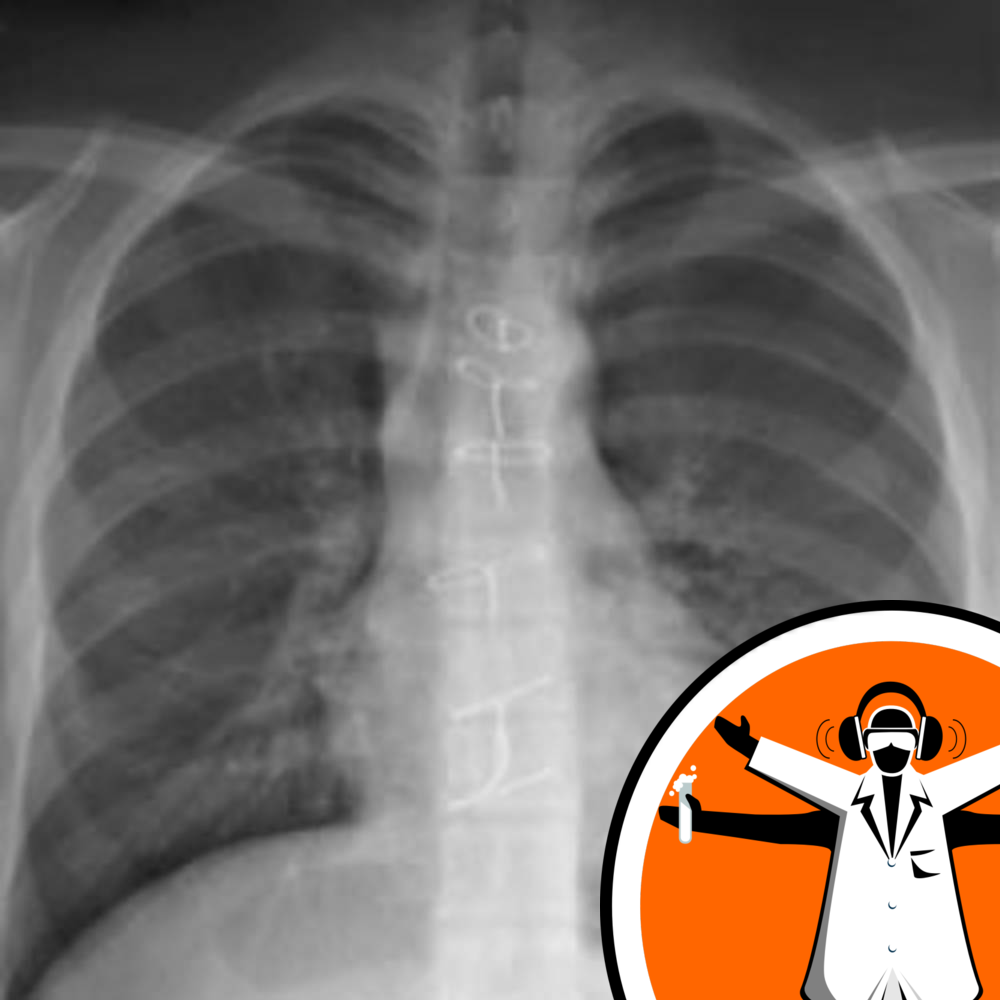
Naked Scientists, In Short Special Editions Podcast
Special scientific reports and investigations by the Naked Scientists team
- Update frequency
- every 6 days
- Average duration
- 10 minutes
- Episodes
- 981
- Years Active
- 2006 - 2025

Pseudomonas aeruginosa - Martin Welch
Researchers at Cambridge University announced the discovery of a new way to attack the bacterial "superbug" Pseudomonas aeruginosa, which accounts for 6% of all hospital acquired infections and can b…
00:05:35 |
Fri 01 Feb 2013

Avian pox in UK great tits, top conservation issues
This week in the Planet Earth Podcast: how a virus brought to the UK by insects poses a worrying threat to the country's great tit population; and which new technologies could affect global biodivers…
00:19:45 |
Tue 22 Jan 2013

Climate tipping points, basking sharks, primates
This week in the Planet Earth Podcast: why understanding where plankton congregates can help us protect basking sharks and other marine creatures; how primates planning ahead tells us about our own i…
00:19:55 |
Tue 08 Jan 2013

Protecting Nerves from Damage
How can we protect neurons from degeneration? In this podcast from Cambridge Cafe Scientifique, we hear how understanding transport of proteins and other chemicals within individual nerve cells may …
00:08:22 |
Sat 05 Jan 2013

Planet Earth Podcast highlights from 2012
This week in the Planet Earth Podcast: a look at some of the highlights from 12 months of the Planet Earth Podcast, including: a hairy crab; earthquake monitoring in Turkey; air quality around London…
00:25:33 |
Wed 26 Dec 2012

The Best of Synchrotron Science in 2012
This month, we look back at Diamond's ten year anniversary celebrations to discover novel ways to store hydrogen gas, analyse the risks of a toxic mudspill and engineer tissues to prevent premature l…
00:24:59 |
Fri 21 Dec 2012

Extra Questions - The Science Behind Broadcasting
How does a radio broadcast work? We must have been on your wavelength this week, as we had more questions that we could fit in Naked Scientists Show! Here are the extra bits... Like this podcast? Pl…
00:13:07 |
Tue 18 Dec 2012

Citizen science projects, plants and greenhouse gases
This week in the Planet Earth Podcast: how you can get involved in any one of the wealth of UK citizen science projects that have taken off recently, and why a little-known gas given off by many tree…
00:20:10 |
Tue 11 Dec 2012

Bat calls, weather balloons, telomeres and ageing
This week in the Planet Earth Podcast: an online tool to identify bats is helping to protect them, and it could make a scientist of us all. Also, an audio diary from a researcher from the National Ce…
00:22:03 |
Tue 27 Nov 2012

Solutions to urban flooding, peatland carbon storage
This week in the Planet Earth Podcast: a look at potential solutions to urban flooding, and why scientists are so keen to measure carbon dioxide flow through the UK's Norfolk Fens. Like this podcast?…
00:18:35 |
Thu 15 Nov 2012

Stories from the Synchrotron
Fiction and Science collide this month as we discover the stories lurking beneath the surface of the synchrotron. We open up the books to investigate a disease outbreak on the grounds of Diamond and …
00:32:11 |
Thu 15 Nov 2012

Unique plants in Bristol, contraceptives and fish
This week in the Planet Earth Podcast: how conservationists are using science to help protect rare plants found only in Bristol's Avon Gorge, and are feminised fish changing wild fish populations? Li…
00:20:30 |
Tue 30 Oct 2012

Man-made salt marshes, ground heat, storms
This week in the Planet Earth Podcast: why salt marshes are so important, but are difficult to recreate; how storms are made; and why the ground beneath our feet could provide decades of natural heat…
00:21:50 |
Fri 19 Oct 2012

Sir John Gurdon, Nobel Laureate
Sir John Gurdon, from Cambridge University, talks to Chris Smith about the set of experiments that resulted in the award on the 2012 Nobel Prize for Physiology and Medicine. Like this podcast? Pleas…
00:22:46 |
Fri 12 Oct 2012

Future-proofing forests, noisy gannets, Antarctica
This week in the Planet Earth Podcast: the steps scientists are taking to make sure the trees we plant today can cope with tomorrow's warmer climate; tracking gannets to find out how environmental ch…
00:20:13 |
Wed 03 Oct 2012

Forecasting solar storms, fish personalities
This week in the Planet Earth Podcast: why accurately forecasting solar storms is becoming increasingly important; and how understanding how fish shoal could interest economists. Like this podcast? P…
00:21:18 |
Tue 18 Sep 2012

Entering the Infra-Red Zone
This month, discover how seeing red can help restore works of art and probe the origins of cancer. We delve into the world of Infra-red spectroscopy to reveal the creation and preservation of ancient…
00:33:24 |
Sun 09 Sep 2012

BSF 2012 - Subglacial Lakes & Food on the Brain
In the final of our special series of programmes from the British Science Festival, we find out how researchers will be drilling through over 3 kilometres of ice to find out what's hiding in subglaci…
00:27:27 |
Thu 06 Sep 2012

BSF 2012 - Finding Higgs and Mining Heat
In this special edition of the Naked Scientists from the British Science Festival, we get the latest news from the Large Hadron Collider, including their scientific shopping list, and find out how he…
00:33:47 |
Wed 05 Sep 2012

BSF 2012 - Seeing through Clothes and Water Voles
In the second special programme from the British Science Festival in Aberdeen, we discover the technology for seeing through your clothes and find out why "Lonely heart" teenage water voles can save …
00:33:14 |
Tue 04 Sep 2012
Disclaimer: The podcast and artwork embedded on this page are the property of Dr Chris Smith. This content is not affiliated with or endorsed by eachpod.com.